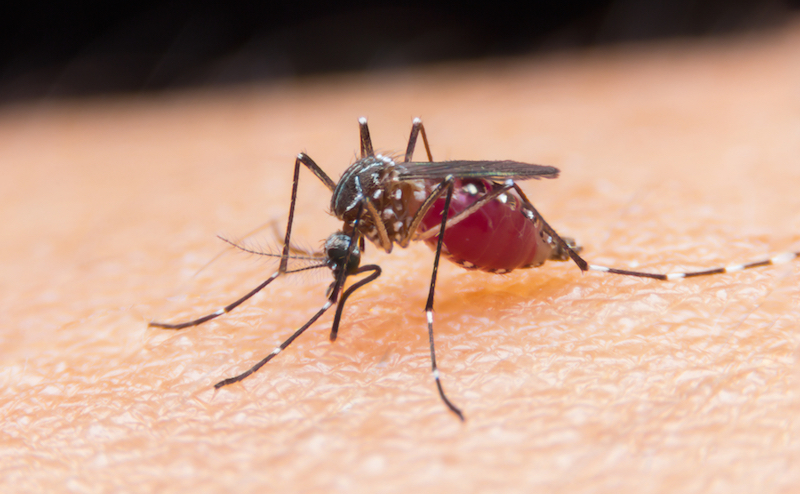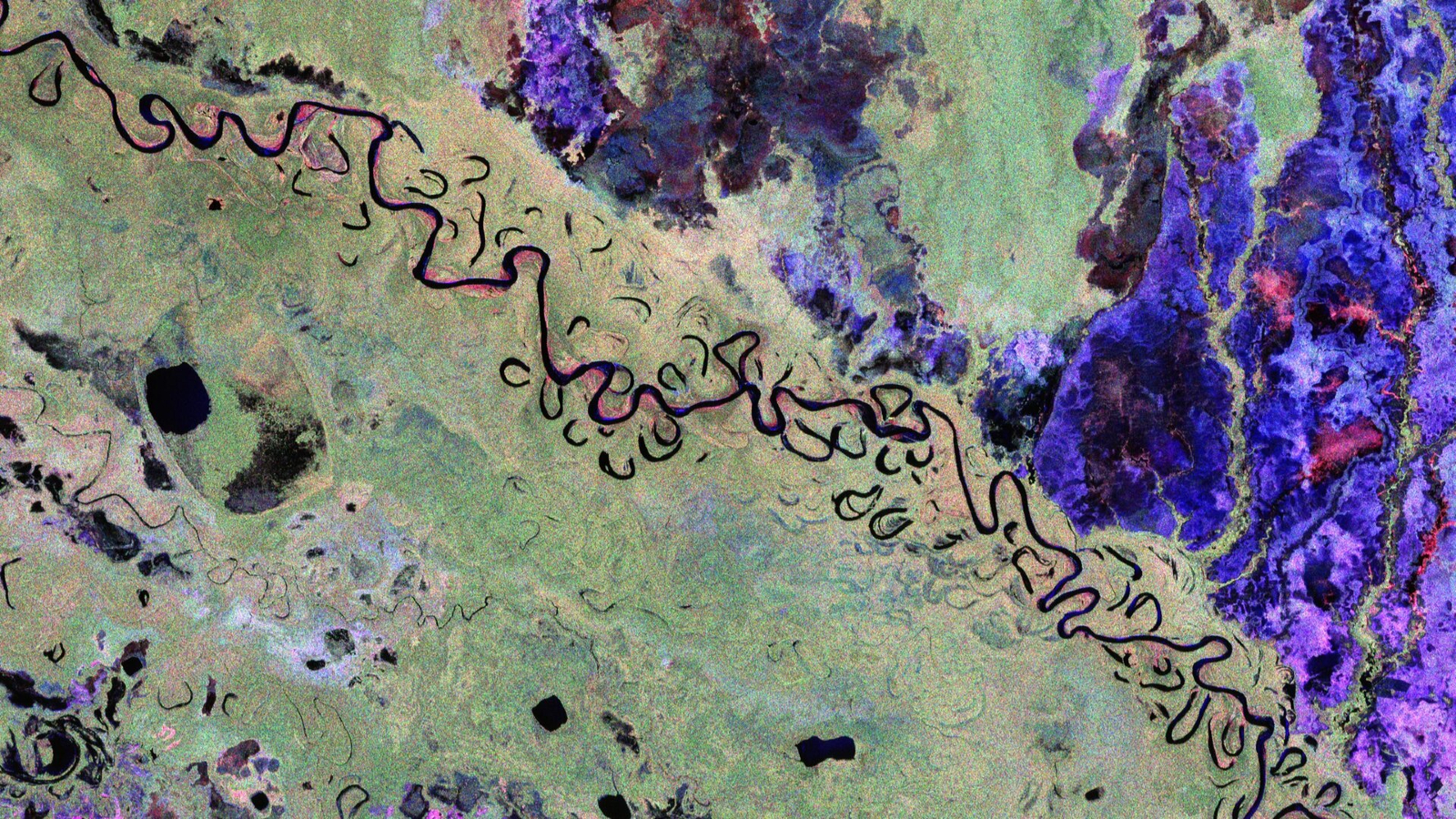
The 'Keystone Virus' Had Never Been Seen in People, Until a Florida Teen Caught It

There's a new mosquito-borne virus to be wary of — or at least new to those of us who don't study such viruses.
A teenager in Florida is the first person known to be infected with a virus called Keystone virus, which is spread by mosquitoes.
The teen visited an urgent care clinic in North Central Florida in August 2016, after he developed a fever and rash, according to a new report of his case, published June 9 in the journal Clinical Infectious Diseases.
Doctors initially thought the teen might have an infection caused by the Zika virus — after all, his visit occurred in the midst of the Zika epidemic in Florida — but tests for that virus came back negative.
But unexpectedly, researchers from the University of Florida (UF) found the Keystone virus in samples from the patient.
The Keystone virus was first discovered in 1964 in the Tampa Bay area, and has been previously found in animals, according to a statement from the University of Florida. Doctors had suspected the virus might infect people, but they hadn't found the virus in humans, until now. [5 Weird Effects of Bug Bites]
The researchers say there could be other, undiagnosed cases of this virus.
Get the world’s most fascinating discoveries delivered straight to your inbox.
"Although the virus has never previously been found in humans, the infection may actually be fairly common in North Florida," Dr. J. Glenn Morris, director of the UF Emerging Pathogens Institute, said in the statement. "It's one of these instances where if you don't know to look for something, you don't find it."
Although the teen's symptoms were mild, it's possible that the Keystone virus may cause more severe symptoms in people, including brain infections. Two relatives of the Keystone virus, the Jamestown Canyon virus and La Crosse encephalitis virus, can cause inflammation of the brain, called encephalitis.
The researchers say the discovery of the Keystone virus in a person highlights the need for more research into the prevalence of mosquito-borne diseases in the U.S.
"All sorts of viruses are being transmitted by mosquitoes, yet we don't fully understand the rate of disease transmission," Morris said.
Originally published on Live Science.

Rachael is a Live Science contributor, and was a former channel editor and senior writer for Live Science between 2010 and 2022. She has a master's degree in journalism from New York University's Science, Health and Environmental Reporting Program. She also holds a B.S. in molecular biology and an M.S. in biology from the University of California, San Diego. Her work has appeared in Scienceline, The Washington Post and Scientific American.
 Live Science Plus
Live Science Plus





